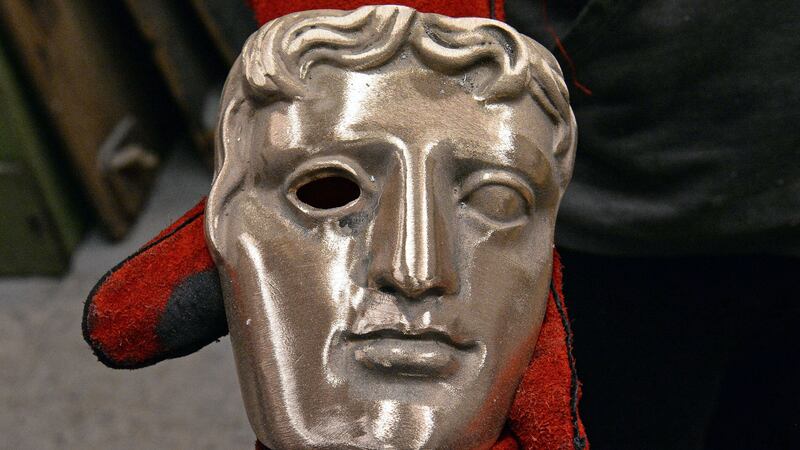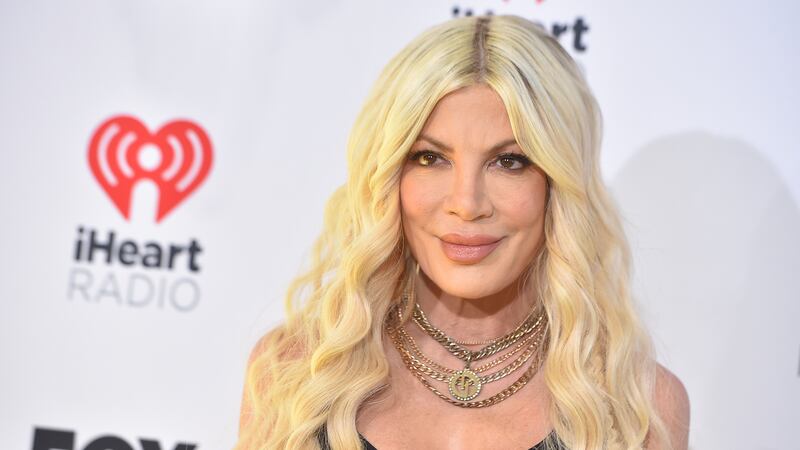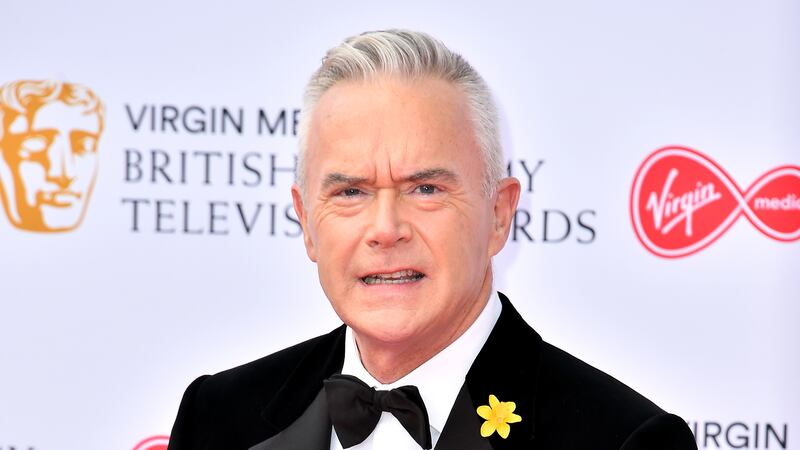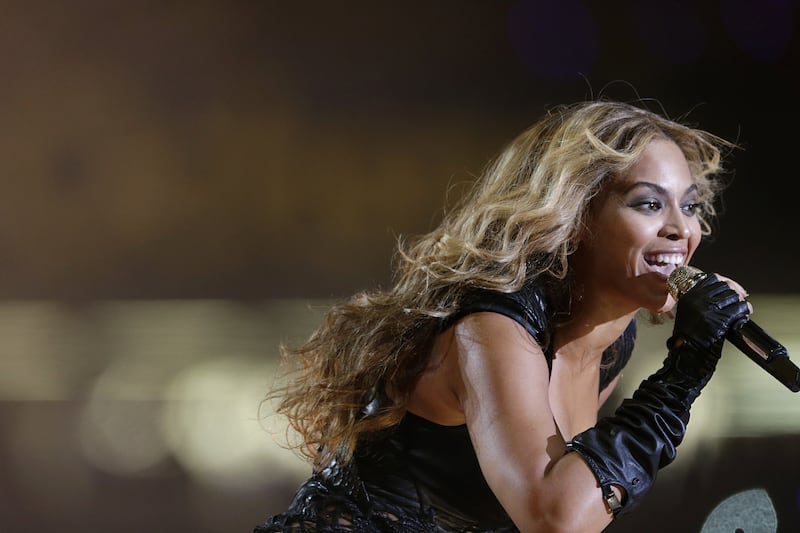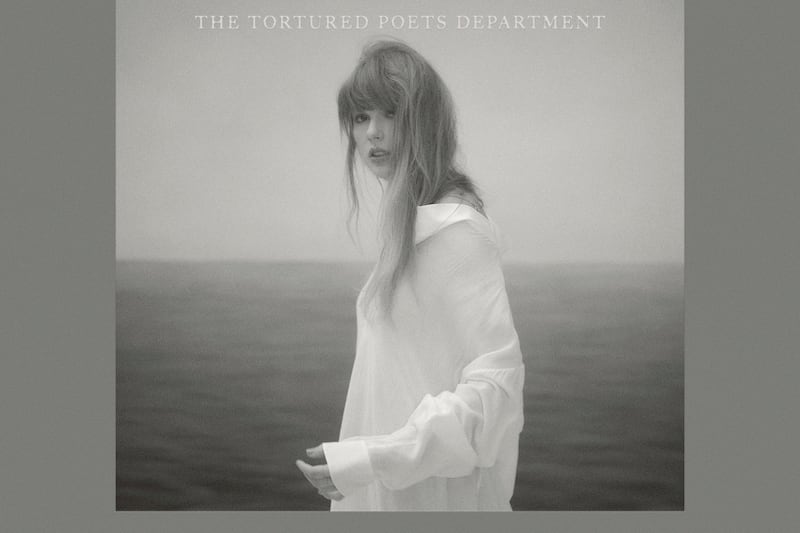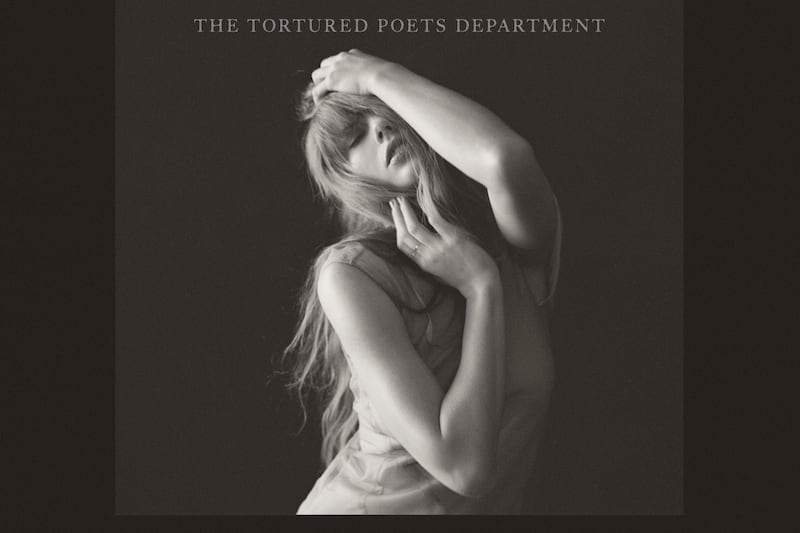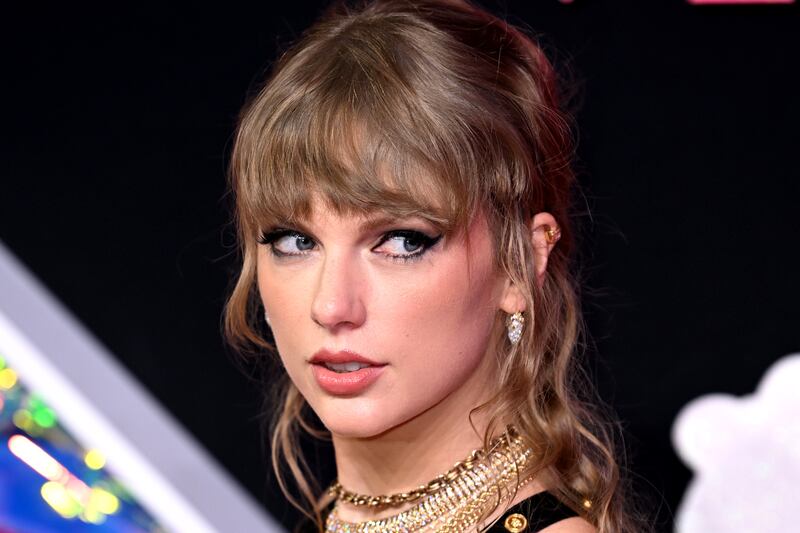The number of nominees in performance categories at the Bafta TV awards will be increased and a new daytime category will be introduced as part of a slew of new rules and guidelines to address a lack of diversity and better represent the industry.
There will now be six nominees in the performance categories, up from four, while the new daytime award will recognise the important role that daytime programming plays in the lives of viewers and in providing a pipeline for new and underrepresented talent.
Hannah Wyatt, chair of Bafta’s television committee, told the PA news agency: “We are expanding the number of nominees for the performance categories and that is largely a reflection of the huge volume of fantastic drama that is being made by British creatives at the moment.

“We have had year-on-year increases in the number of entries and so it seemed to make sense to reflect that by allowing more nominees, which also hopefully will reflect more diversity and a wider range of people who are coming through the industry.”
She added: “We had a really good year this year, I think if you look at what happened in the last lot of awards we were up by about 22% in our diversity in the performance categories and that’s fantastic.
“I think we want to ensure we keep that going, this is one of the measures.

“We are bringing in other things as well, in terms of unconscious bias training, asking broadcasters to consider diverse entries in the categories where they are entering a performance, it’s part of a range of things we want to do.
“It’s not targeting anything specifically, a lot of it is about reflecting the fact that we just had lots of entrants, but of course it would be fantastic if that is also part of what we managed to achieve.”
The new criteria follows the Bafta 2020 Review, which was introduced to address a lack of diversity across Bafta’s different awards.
The 2020 television awards took place behind closed doors, with winners accepting their awards virtually.
The film ceremony has also announced a raft of changes including expanding the nominations for director, actor and actress from five to six, while the outstanding British film category will be expanded from six to 10 nominations to increase the focus on British work.
The TV awards will also formally introduce the BFI Diversity Standards, following a pilot in 2020, using a phased approach to implementation.
The total number of nominees in all non-performance categories will remain as four, however the number of named nominees or production company representatives for each entry will increase from four to six.
The eligibility window for the soap and continuing drama category has been extended to the end of January 2021 for next year’s ceremony, as a result of the coronavirus pandemic, while the sport and live events categories will be merged for the 2021 awards, and the minimum percentage of live reduced from 70% to 51%.
It has already been announced that Bafta will introduce mandatory conscious voting training for all members.
The British Academy Television Craft Awards will take place on May 24 2021, while the Television Awards will be on June 6.
